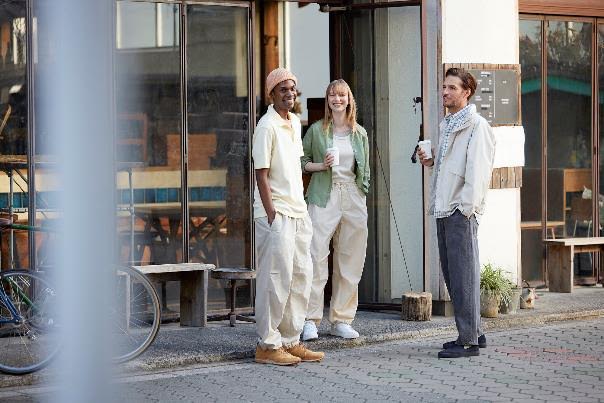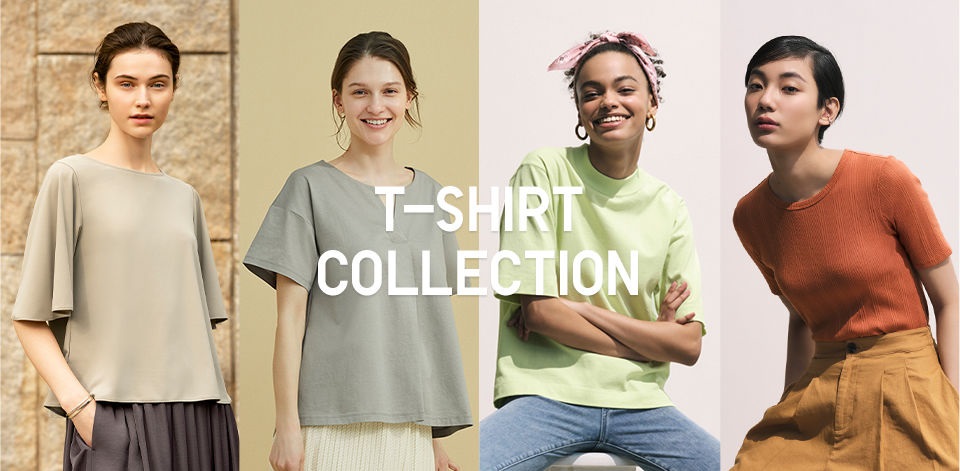Even before the Covid-19 pandemic hit the country, major challenges have confronted the Philippine weaving industry. This includes issues on the supply chain, lack of credit and funding facilities, and the price and supply of cotton available to Filipino weavers.
While there has been a renewed and vibrant interest in Philippine textiles, these challenges disrupt the revival and sustainability of the Philippine weaving industry.
To flourish in the new normal, the Philippine weaving industryneeds support not only from consumers but also from key decision-makers in the Philippine business community.
HABI: The Philippine Textile Council launches HABI Connects, a campaign to encourage more entrepreneurs, MSMEs, and big businesses, both local and foreign, to support the Philippine weaving industry and the many skilled weavers from Luzon, Visayas, and Mindanao.
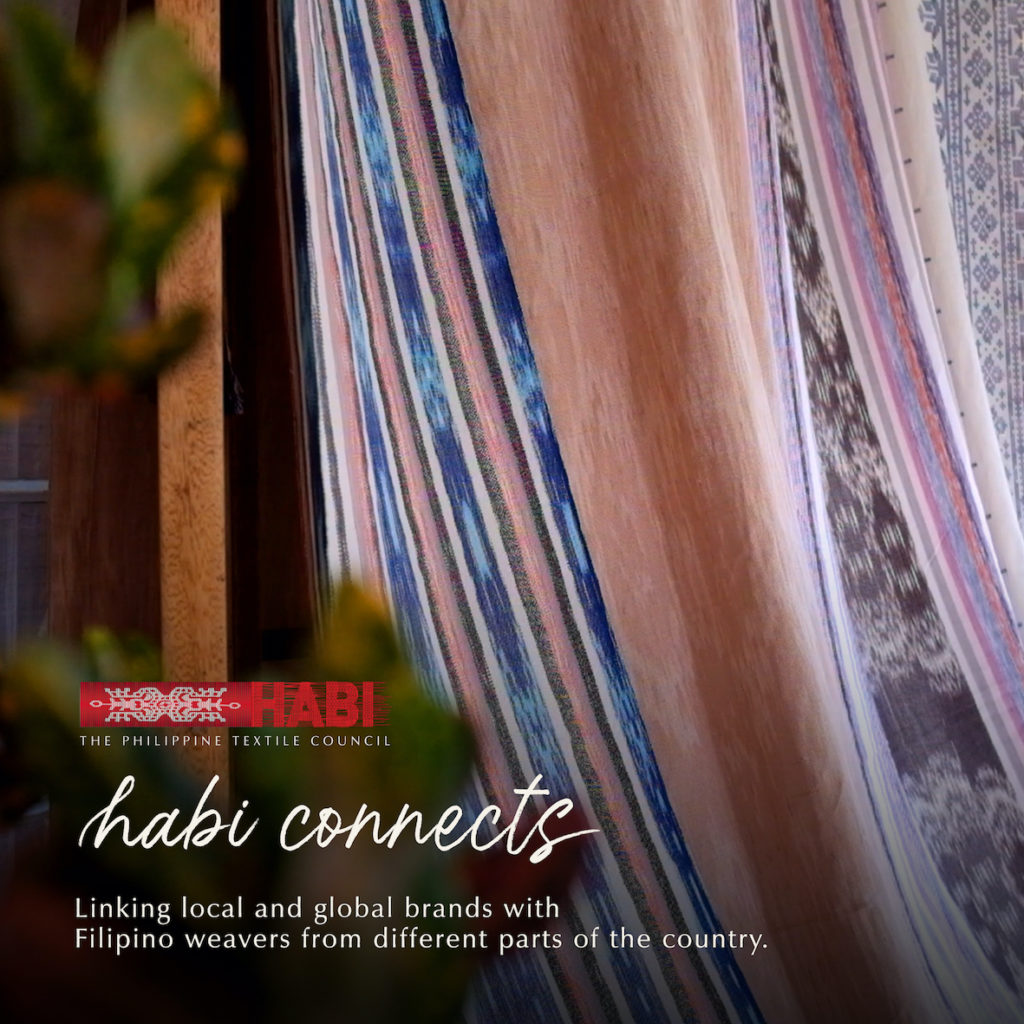
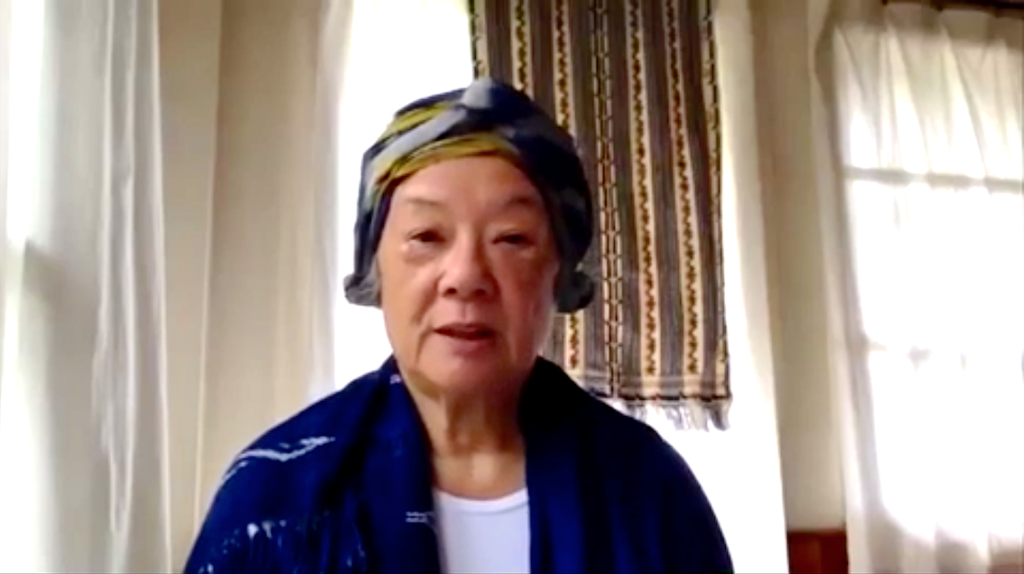
Since 2009, HABI: The Philippine Textile Council has been at the forefront of promoting, preserving, and sustaining the local textile industry. Over the years, HABI has connected Filipinoweavers with more consumers through the annual LikhangHABI Market Fair. Through #HABIConnects, HABI aims to link more local and global brands and businesses with Filipino weavers from different parts of the country.
The HABI Connects campaign has started with a collaboration with Bayo, a like-minded homegrown Filipino fashion brand.
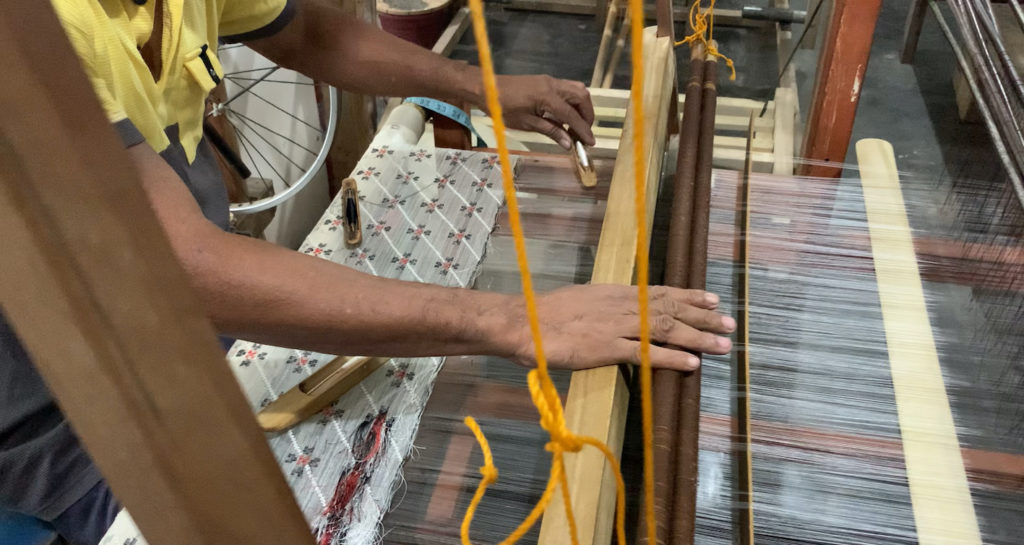
The HABI and Bayo collaboration rolls out a collection that usesnatural fiber textiles in cotton, abaca, and piña from La Herminia in Aklan, Ambension weavers in Bulacan, and Argaoweavers in Cebu. It also features weaves of polyester worked with cotton threads to upcycle industry scraps or production offcuts and avert them from ending up in landfills. The collection is now available at www.bayo.com.ph and at www.shophabifair.com.

Amira is a made-to-oder, all-occasion kimona blouse that features piña and silk threads handwoven by the weavers of La Hermina in Aklan. 
Amaya, a two-in-one Filipiniana top, features upcycled and handwoven detachable sleeves with an intricately embroidered detail on the neckline. The cotton linen used in this item includes upcycled fabric woven by the Argao community weavers. It can be worn with or without sleeves.
Aiya is a square silk scarf with artwork inspired by the Filipino culture of self-sufficiency through farming.
Bella features an embroidered front detail woven by the Argao community weavers. 
Amor is a sleeveless top made from cotton and pineapple linen by the weavers of La Herminia in Aklan. The pattern is called A Dove In The Sky.
“We’re elated that more brands are using sustainable and local materials in their products,” says Laida Lim, president of HABI.“Our collaboration with Bayo is just the beginning. With the HABI Connects campaign, we hope that more entrepreneurs and businesses, not just in fashion and lifestyle but also in other industries, will follow suit and support our local weaving communities.”
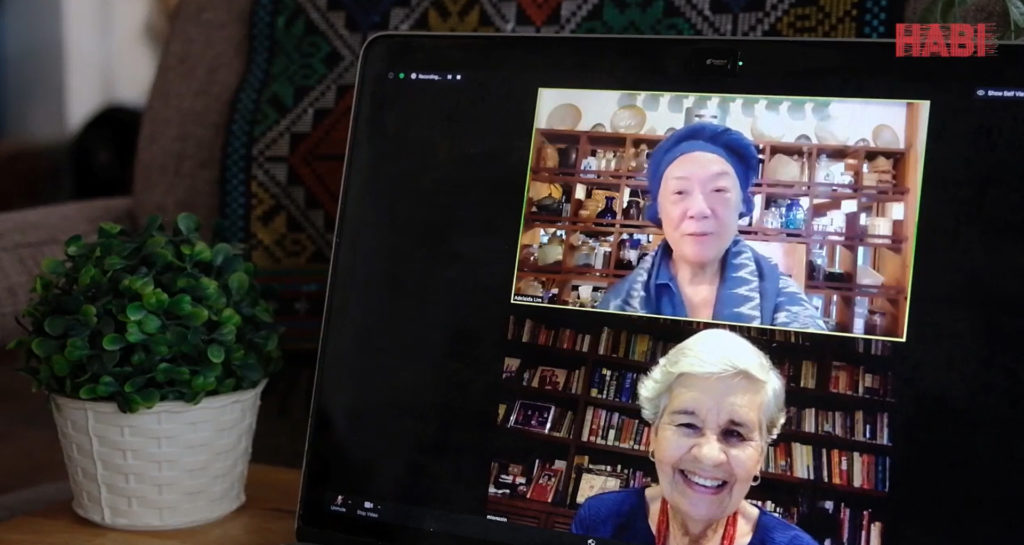
To learn more about the HABI Connects campaign and how HABI can connect you with weaving communities from different corners of the Philippines, email likhanghabi@gmail.com or connect with HABI on Instagram @habifair or www.facebook.com/HABIPhilippineTextileCouncil.



